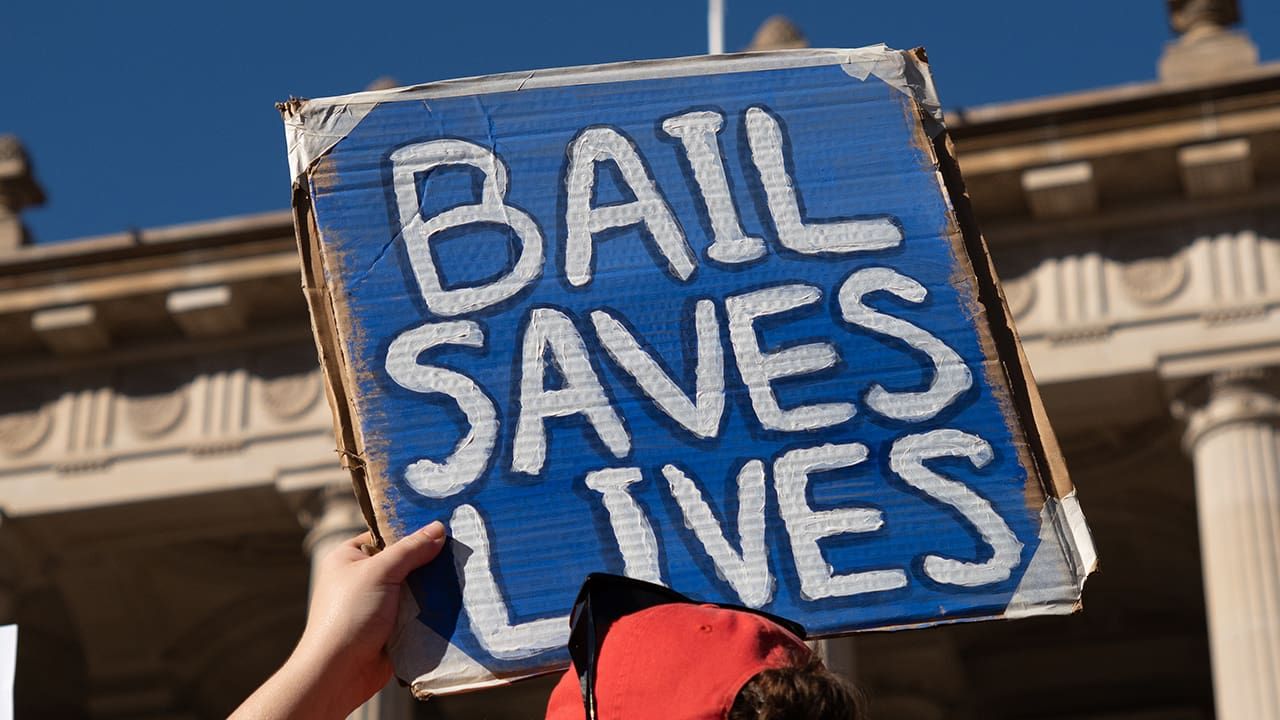4 reasons why your compensation claim is taking so long
Melissa Pacheco Zizic, Special Counsel • September 12, 2024
1. It takes time to develop the case
Obtaining medical and expert evidence to build the case takes time. Whilst a lawyer can act quickly in booking in assessments and sending out letters commissioning a report at the earliest opportunity, an expert may take several months to produce a report. The more sizeable and/or complex the claim (such as those involving significant traumatic injuries, multiple parties or disputed liability and causation allegations) generally the more involved they are, requiring action such as briefing a barrister, conducting discovery, issuing subpoenas, gathering witness evidence and medical evidence from multiple specialists etc. And for every piece of evidence served, the other side is entitled to obtain evidence in reply, to which the plaintiff should then counteract with supplementary evidence. It’s the nature of our adversarial system.
2. Your injuries haven’t stabilised
Some evidence (obtained via medical assessment) cannot be gathered until you have reached maximum medical improvement (i.e. your condition is stable). This is usually 12 months after an accident, or 12 months after surgery or non-conservative treatment. This can’t be helped, other than by you ensuring you are exhausting all treatment options at the earliest opportunities and keeping your lawyers up to date along the way.
Any resolution/ settlement (and obviously judgements by a Court) are full and final. Therefore its crucial to obtain all appropriate evidence to put your best case forward and ensure you obtain the maximum compensation available.
3. Is your lawyer thinking strategically & exhausting alternative dispute resolution processes?
The time a case takes to resolve can also be largely influenced by the approach taken by the representing parties. Lawyers acting on behalf of the Plaintiff should be strategic in their approach, balancing costs/benefit and always moving the matter along with diligence and speed, to get to the settlement process as quickly as possible. Wherever possible, informal settlement processes should be explored prior to commencing formal court proceedings.
Whether early settlement negotiations are successful, often depends on a number of factors such as: the expectation of the injured plaintiff; how well prepared the case is; the view taken by the other side as to the value of the case (based on evidence served and how the case is presented at the time) and whether the parties are reasonable, willing to compromise and of a commercial mindset (because all that can be obtained is financial compensation).
4. The matter is required to be filed in Court
If the parties are unable to resolve the matter, because the other side wholly denies liability and is unwilling to negotiate or where there isn’t a meeting of the minds as to the value of the case (and therefore settlement negotiations are ultimately futile), the only means of redress may be through the Court system.
The Court process can tac on an additional 12 to 18 months, from the time a matter is filed in Court to an actual Hearing. In the meantime, a timetable is set by the court. There are rules in place for solicitors, the purpose of which is to facilitate the just, quick and cheap resolution of the real issues in the proceedings. There are also practice notes for solicitors to comply with. But notwithstanding, there can be delays – as mentioned in the above paragraphs. It can also take months to receive a judgement, where it is reserved.
I hope these insights into why your compensation claim might be taking longer than you expected brings about a level of understanding and, perhaps, reassurance. Don’t hesitate asking your solicitor what the hold-up may be. Having an experienced and savvy compensation lawyer can potentially expedite the process. Need advice? Reach out to our caring and experienced compensation lawyers.
ID 4390728 © Robyn Mackenzie | Dreamstime.com

Kells has been delivering outstanding services and legal expertise to commercial and personal clients in Sydney and the Illawarra region for more than five decades. Our lawyers are savvy and understand your needs.
Subscribe
Want to get the latest articles and news delivered to your inbox?




